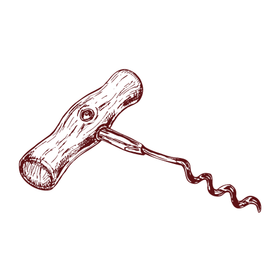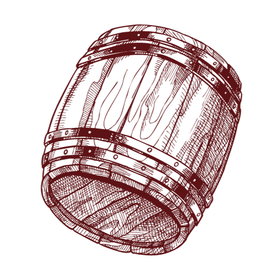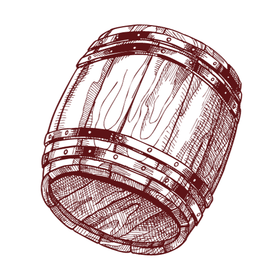When choosing a wine cooler, one of the key decisions you'll face is selecting between thermoelectric and compressor cooling systems. Both technologies have their unique advantages and disadvantages, making them suitable for different needs and scenarios. In this post, we'll dive deep into these two types of wine cooler technologies, exploring their pros and cons, ideal usage scenarios, and energy efficiency aspects.
Thermoelectric Wine Coolers
-
How They Work: Thermoelectric coolers use the Peltier effect to create a temperature difference. Electrical current is passed through two joined pieces of different metals, which transfers heat from one side of the device to the other.
-
Pros:
-
Quiet Operation: They have fewer moving parts, resulting in quieter operation.
-
Vibration-Free: Minimal vibration, which is essential for the preservation of wine sediments.
-
Energy Efficiency: Generally consume less power, making them more environmentally friendly.
-
Compact Size: Often smaller and more lightweight, ideal for countertop use or small spaces.
-
Cons:
-
Limited Cooling Capacity: May not be as effective in very warm environments or for large collections.
-
Temperature Stability: Can be affected by external temperatures, making them less reliable in fluctuating conditions.
-
Ideal Usage Scenarios: Best suited for smaller collections, in homes with controlled ambient temperatures. Ideal for storing wines for short to medium-term periods.
Compressor Wine Coolers
-
How They Work: Similar to a standard refrigerator, compressor coolers use a refrigerant, compressor, and evaporator to cool the air inside the unit.
-
Pros:
-
Powerful Cooling: More effective at reaching lower temperatures and cooling larger spaces.
-
Better for High Ambient Temperatures: Perform well in a variety of ambient conditions.
-
Greater Capacity: Typically available in larger sizes, suitable for extensive wine collections.
-
Cons:
-
Noise Level: Can be noisier due to the compressor and moving parts.
-
Vibrations: Some models may generate vibrations, which could potentially disturb wine sediment.
-
Ideal Usage Scenarios: Preferred for larger collections or in environments with higher ambient temperatures. Great for long-term storage and aging of wines.
Energy Efficiency Considerations
-
Thermoelectric Coolers: Generally more energy-efficient, especially in smaller models. They are best for environmentally conscious consumers who have smaller collections and controlled environments.
-
Compressor Coolers: While they consume more energy, advancements in technology have led to more energy-efficient models. Suitable for wine enthusiasts who need more robust cooling and have larger collections.
Conclusion
The choice between a thermoelectric and a compressor wine cooler depends largely on your specific wine storage needs, the size of your collection, and the environment where the cooler will be placed. For those with smaller collections and a stable ambient environment, a thermoelectric cooler offers a quiet, energy-efficient solution. On the other hand, if you have a larger collection or live in a warmer climate, a compressor cooler provides the power and capacity necessary to ensure your wines are perfectly preserved.
By understanding the distinct features of each technology, you can make an informed decision that aligns with your wine storage requirements, ensuring that every bottle in your collection is maintained in its ideal condition.










